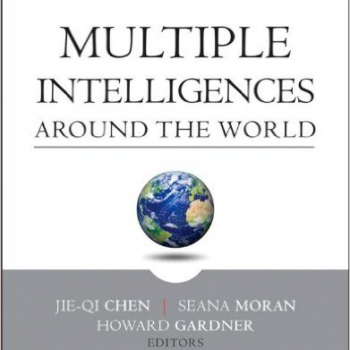- Who We Are
- Topics
- By Subject Area
- dummy
- By Level
- Projects
- Projects Column 1
- Agency by Design
- Aligned Programs for the 21st Century
- Artful Thinking
- Arts as Civic Commons
- Causal Learning Projects
- Center for Digital Thriving
- Citizen-Learners: A 21st Century Curriculum and Professional Development Framework
- Creando Comunidades de Indagación (Creating Communities of Inquiry)
- Creating Communities of Innovation
- Cultivating Creative & Civic Capacities
- Cultures of Thinking
- EcoLEARN Projects
- Educating with Digital Dilemmas
- Envisioning Innovation in Education
- Global Children
- Growing Up to Shape Our Place in the World
- Projects Column 2
- Higher Education in the 21st Century
- HipHopEX
- Humanities and the Liberal Arts Assessment (HULA)
- Idea Into Action
- Implementation of The Good Project Lesson Plans
- Inspiring Agents of Change
- Interdisciplinary & Global Studies
- Investigating Impacts of Educational Experiences
- JusticexDesign
- Leadership Education and Playful Pedagogy (LEaPP)
- Leading Learning that Matters
- Learning Innovations Laboratory
- Learning Outside-In
- Making Ethics Central to the College Experience
- Making Learning Visible
- Multiple Intelligences
- Navigating Workplace Changes
- Next Level Lab
- Projects Column 3
- Out of Eden Learn
- Pedagogy of Play
- Reimagining Digital Well-being
- Re-imagining Migration
- ROUNDS
- Signature Pedagogies in Global Education
- Talking With Artists Who Teach
- Teaching for Understanding
- The Good Project
- The Studio Thinking Project
- The World in DC
- Transformative Repair
- Visible Thinking
- Witness Tree: Ambassador for Life in a Changing Environment
- View All Projects
- Projects Column 1
- Resources
- Professional Development

Multiple Intelligences around the World
PUBLISHED: 2009AUTHORS: Jie-Qi Chen, Seana Moran, Howard Gardner
Resource Summary
Since its introduction in 1983, Howard Gardner's multiple intelligences (MI) theory has become a touchstone of education. Embracing a wide array of human talents that significantly contribute to our intellectual and cultural life, MI theory offers a broader definition of intelligence than is measured by standard IQ tests. MI theory supports and celebrates the diversity of children's strengths in school and other learning environments. Now, more than a quarter of a century later, Multiple Intelligences around the World draws upon a select group of MI practitioners to show how Gardner's theory is applied in the international arena. In this dynamic book, the contributors representing countries such as China, Japan, the Philippines, South Korea, Australia, Norway, Denmark, England, Ireland, Scotland, Romania, Turkey, Argentina, Colombia, and the United States share thoughtful stories and strategies of educational innovation. Multiple Intelligences around the Worlds cross-cultural discussions provide a valuable resource for teachers and administrators who are working with diverse student populations. In addition, the experiences of exam-driven countries like China and Japan will prove instructive to professionals faced with the task of improving both teaching and test scores. This book addresses a number of key questions including: How have different educational settings implemented MI? How does an educational idea created in one cultural milieu travel and take root in highly diverse educational soils? And, what universal lessons can be drawn from these experiences? ISBN-13: 978-0787997601



-
-
-
Support PZ's Reach